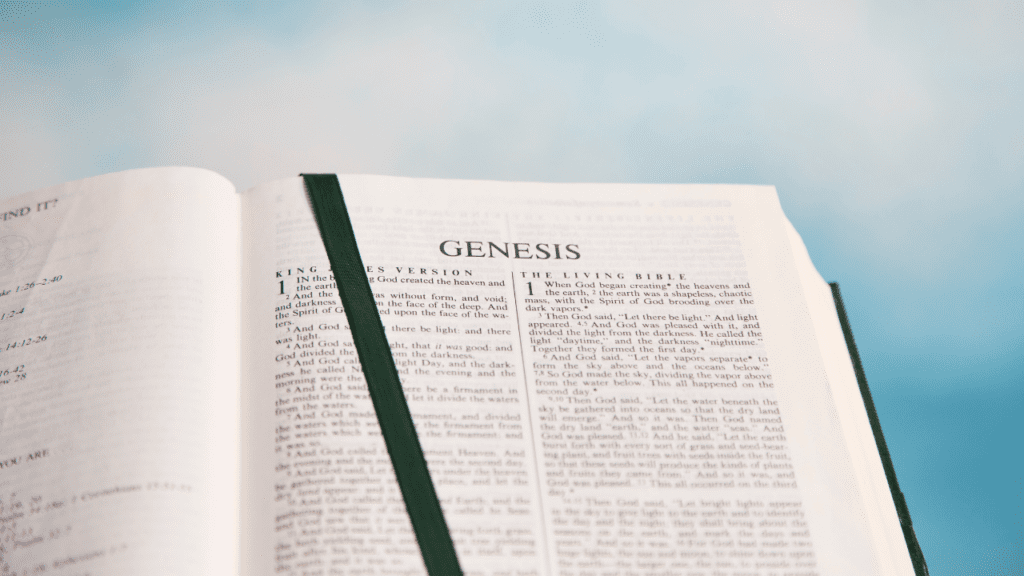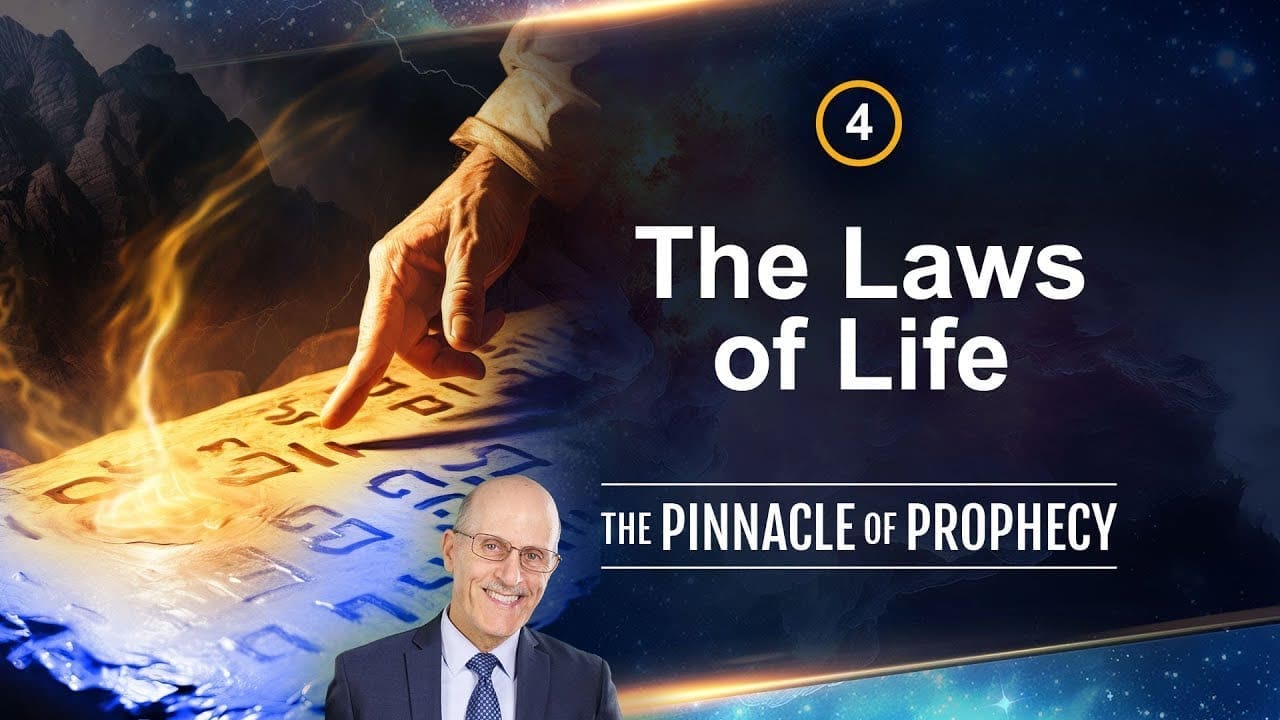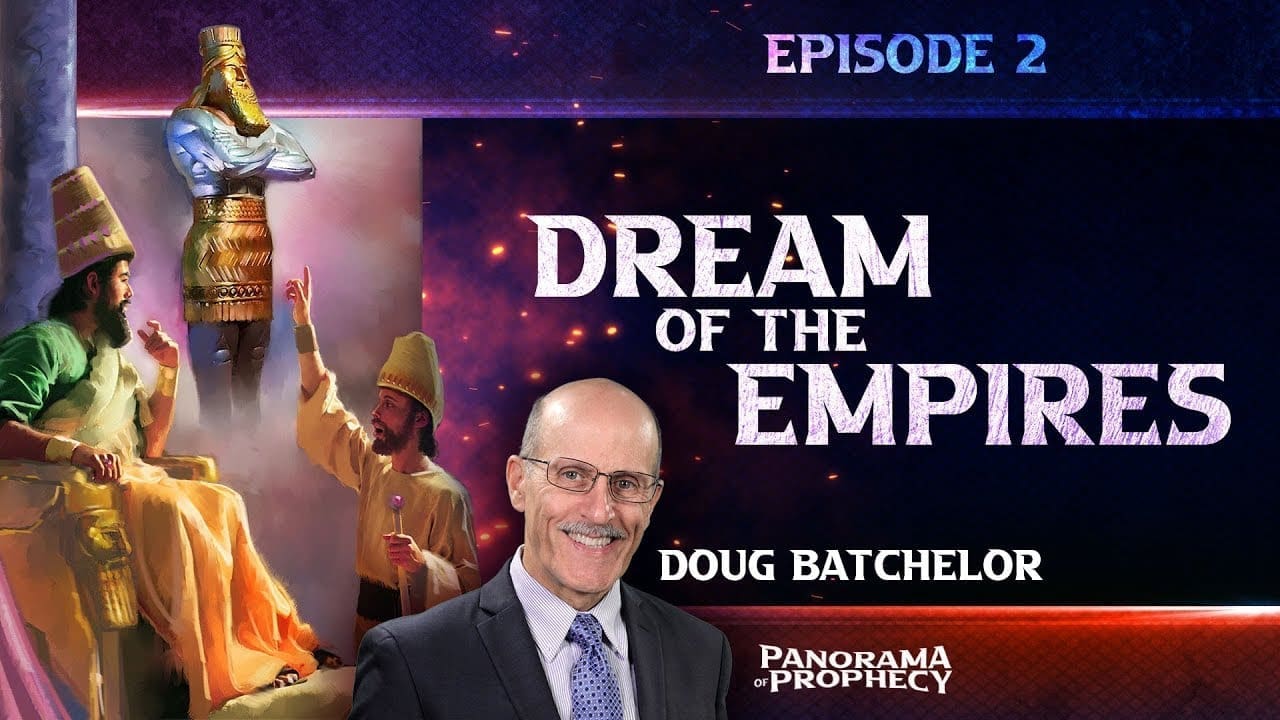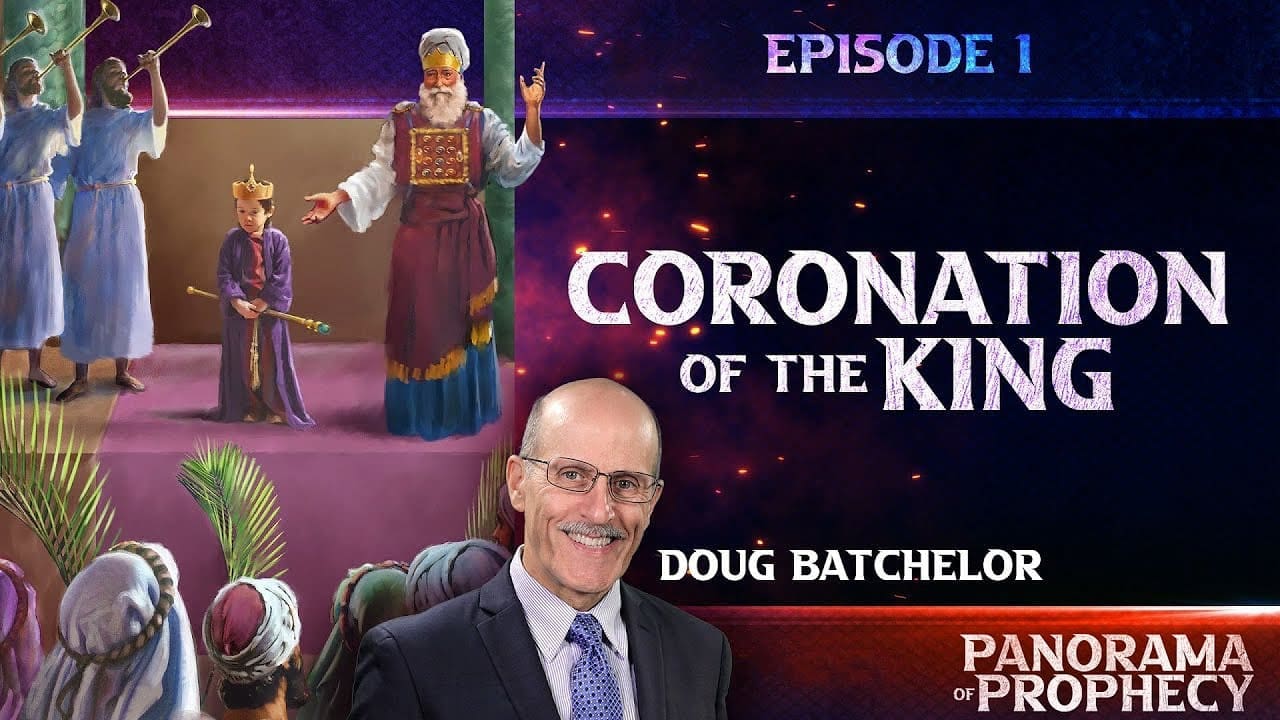Knowing the difference between the Sabbath of the Lord and the other sabbaths or festivals observed by the Israelites is important. While the Sabbath of the Lord was instituted at creation and was a weekly observance, the other sabbaths or festivals, such as the seventh year and the year of jubilee, were connected to specific events and were observed yearly.
It is true that the annual sabbaths were given to the Israelites as part of the ceremonial laws and were tied to the Jewish feasts and the events of their history. These observances were specific to the land of Israel and had particular requirements for their observance. They were part of the ordinances and regulations given to Israel to teach them important lessons about God’s faithfulness, redemption, and provision.
On the other hand, the Sabbath of the Lord, the weekly Sabbath, was given as a universal institution at the end of creation week. It was blessed and sanctified by God Himself and was intended for all mankind, not just for the Israelites or those in the land of Israel. It is important to recognize that the Sabbath of the Lord predates the establishment of the Israelite nation and was observed by faithful individuals before the Exodus.
While the annual sabbaths had their specific purposes and were temporary in nature, the Sabbath of the Lord stands apart as a perpetual reminder of God’s creative power, His rest, and His desire for His creation to find rest and worship in Him. It is part of the moral law, written by God’s own finger on the tablets of stone, and is different from the ceremonial laws that were fulfilled in Christ.
The distinction between these observances is evident in the language used to describe them in Scripture, with the Sabbath of the Lord being referred to as such, while the other sabbaths or festivals are described as “your sabbaths” or “her sabbaths.” The intent and purpose of each also differ, with the Sabbath of the Lord serving as a weekly memorial and a sign of God’s covenant, while the annual sabbaths were connected to specific historical events and provided additional opportunities for worship and remembrance.
In summary, while the annual sabbaths or festivals were part of the ceremonial laws and were tied to specific events in Israel’s history, the Sabbath of the Lord is a distinct institution that predates the establishment of the Israelite nation and has universal significance. It is a continual reminder of God’s creative power, His rest, and His desire for all people to find rest and worship in Him.













